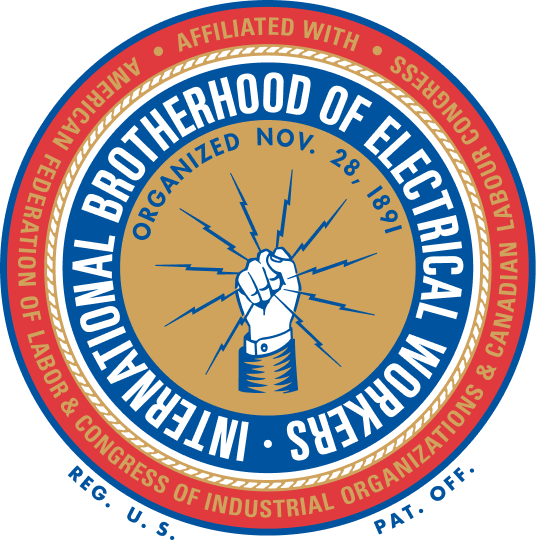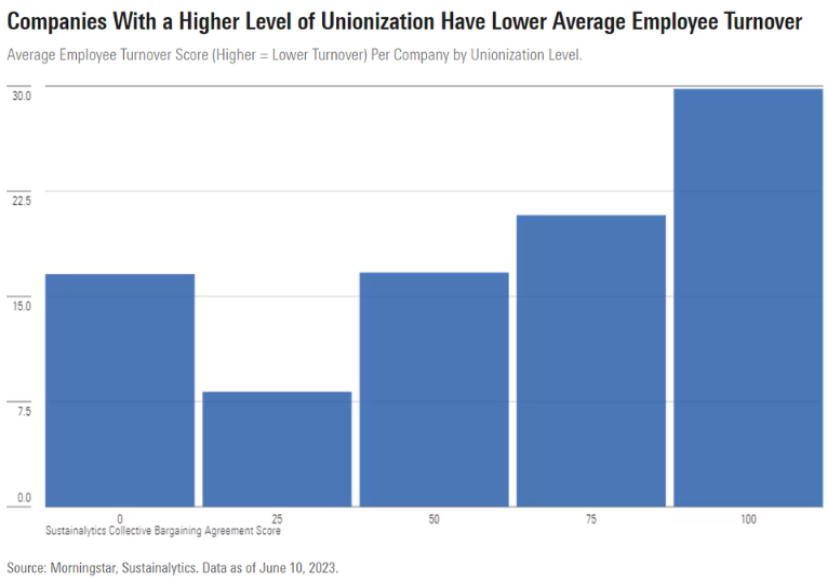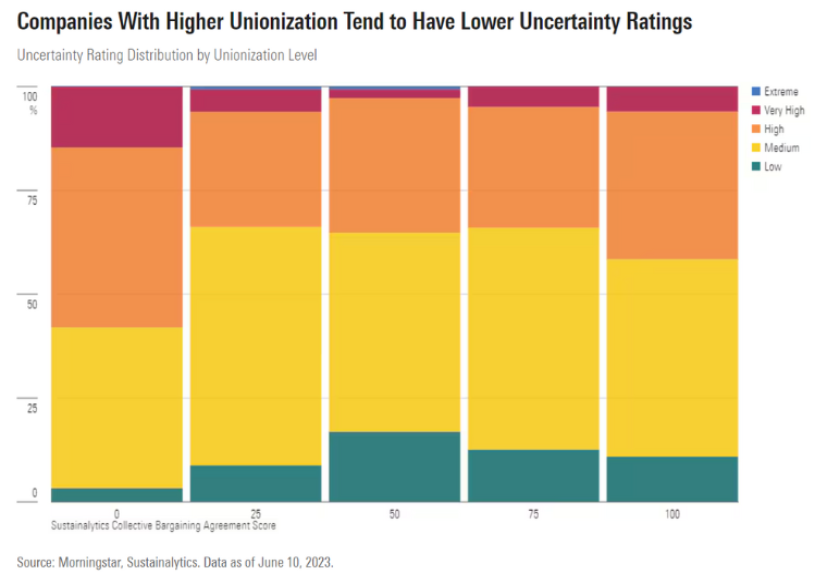Veterans

1. Veterans’ Committees
The Veterans’ Committees and Pre-Apprenticeship Programs offer significant benefits to both veterans and business owners. For veterans, these initiatives provide valuable training and mentorship, helping them transition into the electrical trade with practical skills and leadership opportunities. By connecting veterans through the IBEW Veterans Committee, the programs support their growth within the industry while fostering a sense of community and purpose.
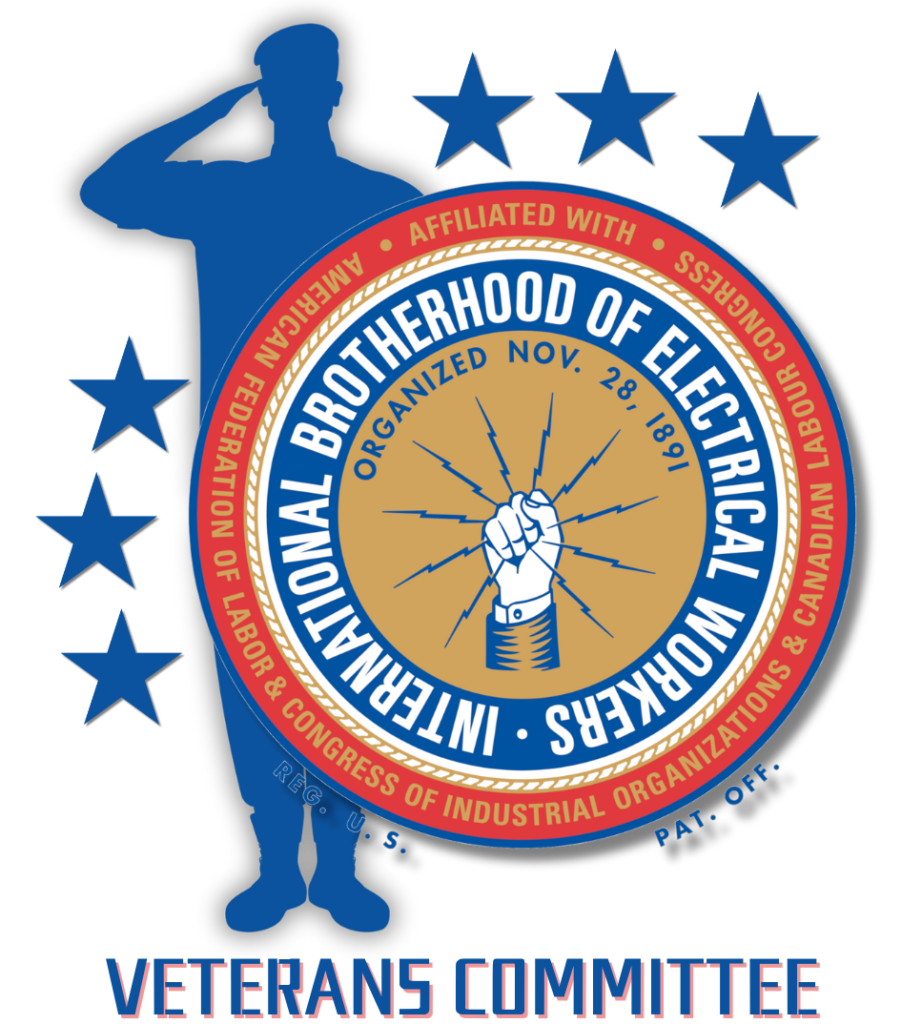
2. Helmets to Hardhats
- Helmets to Hardhats offers veterans and transitioning military service members a clear pathway to well-paying, fulfilling careers in the construction trades, including fields like electrical work and welding. By providing accessible apprenticeships that require little to no prior experience, the program ensures veterans can smoothly transition into civilian life with practical skills and opportunities for advancement. The program’s success stories highlight how it helps veterans find meaningful work, offering a sense of purpose and stability after military service.
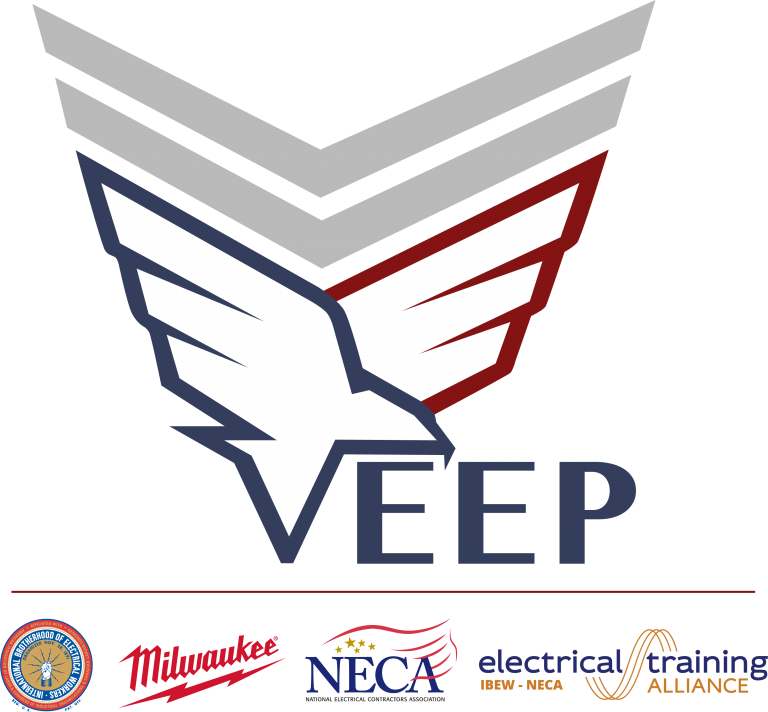
3. Veterans Electrical Entry Program (VEEP)
The Veterans Electrical Entry Program (VEEP) provides transitioning service members with a direct pathway into the electrical trade through pre-apprenticeship training, ensuring a smooth transition into the IBEW after military service. The program is free and offers flexible training options, with hands-on and virtual components. Veterans can choose from relocation areas, and the training prepares them for well-paying careers as inside electricians or line workers, providing essential skills in just a few weeks.
4. VIPER Transitions -Redefining Military Transitions, One Veteran at a Time
VIPER Transitions focuses on providing veterans with comprehensive support during their transition to civilian life, aiming to reduce veteran suicide by addressing critical issues such as unemployment, homelessness, and mental health challenges. Through pre-employment training, resource networking, and direct placement into quality careers, VIPER helps veterans and their spouses secure stable employment. Additionally, the program connects participants to mentorship, mental health resources, and Veteran Service Organizations, offering holistic support during their reintegration.
Veteran Videos

3:51

2:18

2:44

0:52
Veterans Support & Resources
The IBEW is deeply committed to supporting veteran members by connecting them with opportunities as well as vital resources. From providing access to career transition programs like Helmets to Hardhats and the Veterans Electrical Entry Program (VEEP) to offering mental health support through partnerships with organizations like VIPER Transitions, the IBEW ensures that veterans can smoothly reintegrate into civilian life. Additionally, the IBEW helps veterans secure stable employment within the electrical industry, while offering access to a wide network of support services.
Veterans can also tap into broader resources designed to assist with various aspects of post-military life. For those in crisis, the Veterans Crisis Line offers confidential, 24/7 support via the hotline (dial 988 and press 1), providing immediate assistance to veterans and their families. USERRA ensures that service members’ employment rights are protected, offering peace of mind as they return from active duty. Women veterans can connect with peer support and therapeutic resources through networks like WoVeN and WINC which offer retreats and community for women adjusting to post-military life.
In addition to emotional and social support, veterans can find financial assistance through programs like Union Plus, which offers discounts, savings, and **Veterans Grants** to help with homeownership. American Legion programs, such asHeroes to Hometown, and organizations like Disabled American Veterans (DAV) provide essential services like navigating benefits, transportation, and employment support. For combat-wounded and disabled veterans, the Purple Heart Foundation] offers grants, PTSD resources, and counseling, while Folds of Honor provides scholarships to the spouses and children of fallen and disabled service members. These resources create a comprehensive safety net for veterans and their families, ensuring they receive the care, support, and opportunities they deserve.

